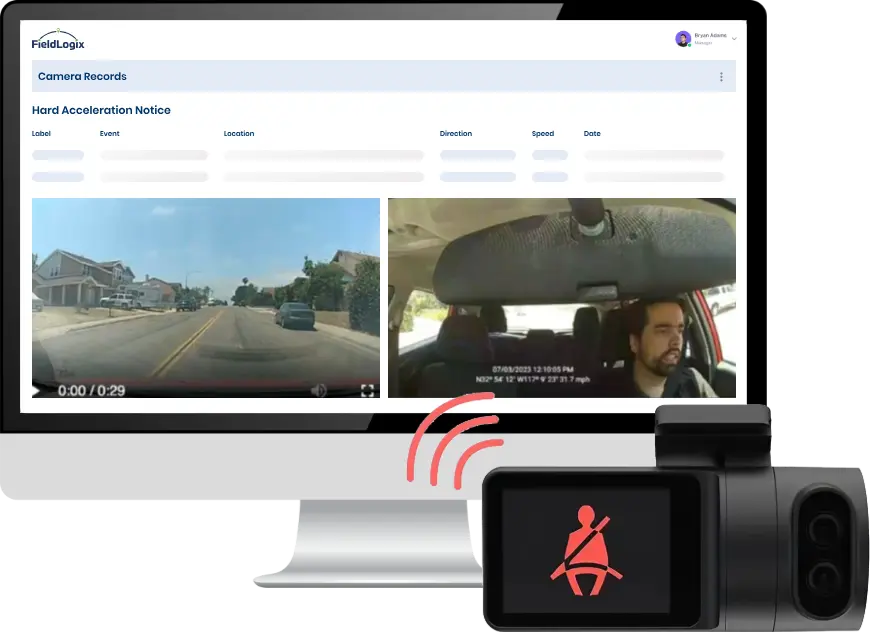Fired NY State Employee Sues For GPS Tracking Without Consent
Monitoring Employees With GPS Tracking Without Their Knowledge or Consent – Is It Legal?
Managing employees in the field has always been a challenge. How do you know if employees are where they say they are? What if a customer calls to complain that a driver never showed up, but he swears he did. What is a manager to do? Ths is where GPS tracking can offer huge benefits.
But inevitably ethical and legal issues have been raised about gps tracking aka Big Brother in the workplace. Is it OK to monitor an employee with a GPS tracking device without their knowledge or consent?
How far can the state government go in monitoring a mobile employee?
This question will be addressed by a mid-level appeals court in New York very soon in about 6 weeks. The lawsuit was filed by the New York Civil Liberties Union (NYCLU) against the state Labor Department, on behalf of a fired state worker whose personal vehicle was being monitored with a GPS tracking device, without his knowledge or consent.










